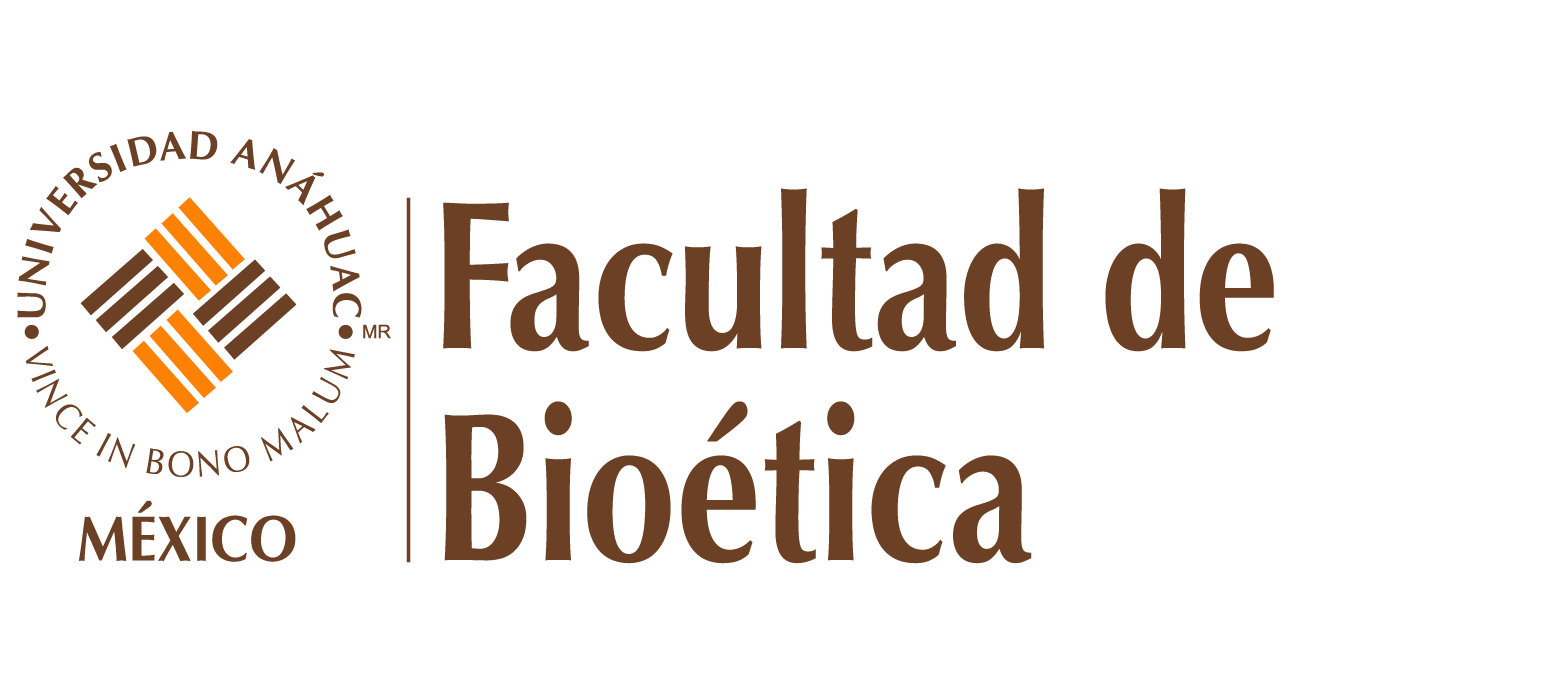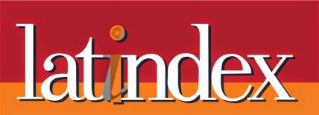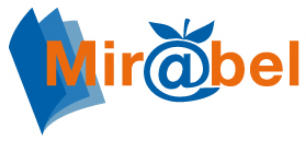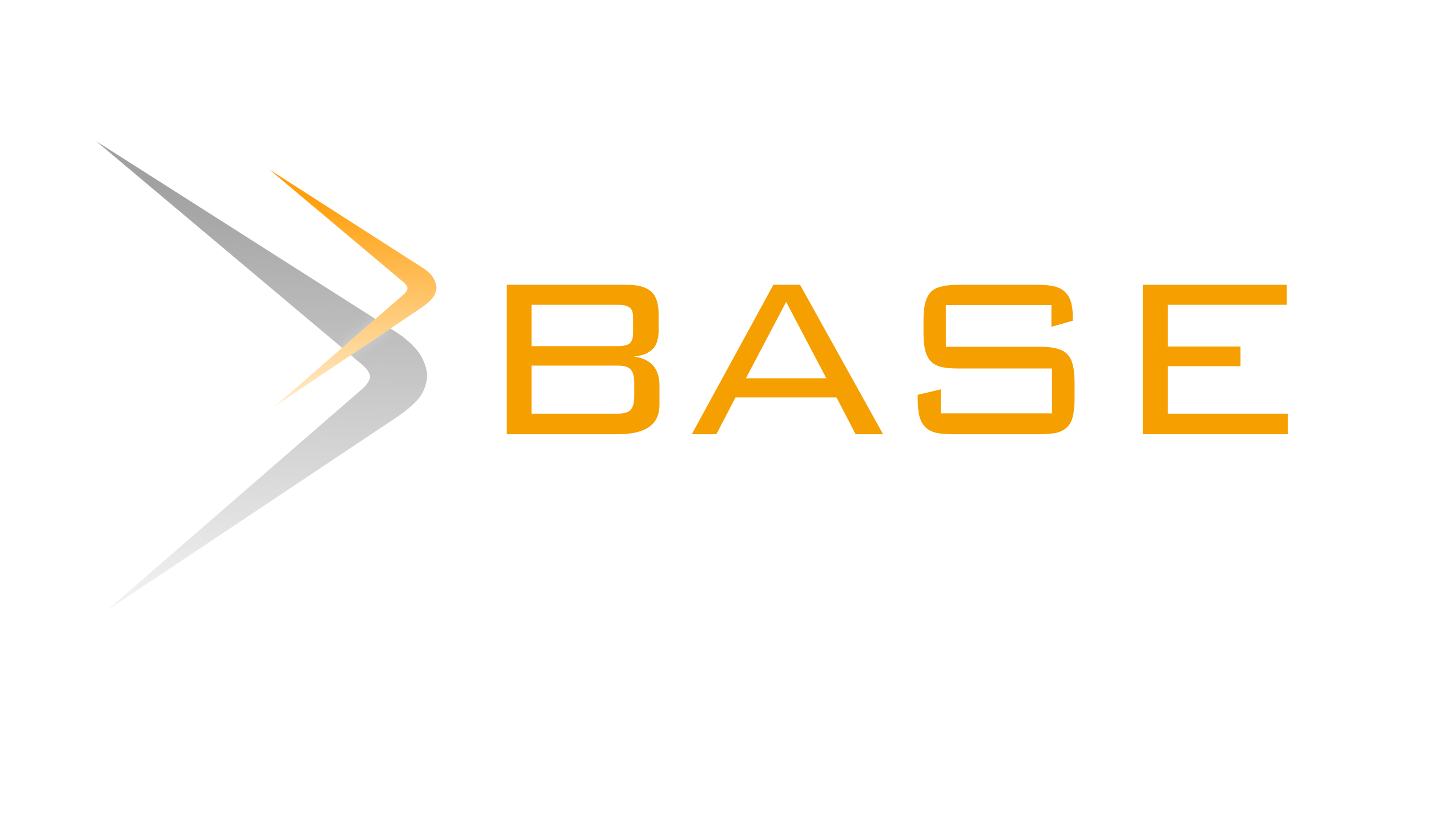Afrontar los desafíos éticos del consentimiento informado para la donación de tejido cerebral
DOI:
https://doi.org/10.36105/mye.2024v35n3.05Palabras clave:
organoides cerebrales, donación de tejidos, consentimiento informado, organoides neurales, éticaResumen
La enorme promesa médica de los organoides humanos ha llevado a grandes instituciones de investigación y organismos nacionales a crear bancos de tejido cerebral. En respuesta, los organismos reguladores han creado normativas que orientan los procesos de consentimiento para la recogida de muestras de tejido de los donantes. Estas normas pretenden, en parte, garantizar que las muestras de los donantes no se utilicen de forma contraria a sus valores morales, creencias y objetivos. Si bien estas normas suelen cumplir bien este propósito, sostenemos que son insuficientes en el caso de la donación de tejido cerebral debido a los problemas éticos específicos que plantean las tecnologías y aplicaciones que utilizan muestras de tejido cerebral. Tras considerar las insuficiencias, sugerimos cómo pueden mejorarse las políticas de consentimiento. Nos centramos específicamente en la política estadounidense porque algunos países caribeños y latinoamericanos hacen referencia a los marcos normativos estadounidenses al elaborar los suyos propios.
La tremenda promesa médica de los organoides humanos ha llevado a grandes instituciones de investigación y agencias nacionales a crear bancos de tejido cerebral. En respuesta, las agencias reguladoras han creado regulaciones que guían los procesos de consentimiento para la recolección de muestras de tejido de donantes. Estas regulaciones tienen como objetivo, en parte, garantizar que las muestras de los donantes no se utilicen de manera que entren en conflicto con sus valores morales, creencias y objetivos. Si bien estas regulaciones frecuentemente sirven bien a este propósito, sostenemos que son insuficientes en el caso de la donación de tejido cerebral debido a preocupaciones éticas únicas que surgen de las tecnologías y aplicaciones que utilizan muestras de tejido cerebral. Después de considerar las deficiencias, sugerimos cómo se pueden mejorar las políticas de consentimiento. Nos centramos en la política estadounidense específicamente debido a su influencia en la política de los países del Caribe y Latinoamérica.
Descargas
Referencias
Kairiyama E, Martínez Pardo ME, Sánchez Noda E, Otero I. Overview on radiation and tissue banking in Latin America. Cell and Tissue Banking. 2018; 19(2):249–57. https://doi.org/10.1007/s10561-018-9699-9 DOI: https://doi.org/10.1007/s10561-018-9699-9
Walton P, Pérez-Blanco A, Beed S, Glazier A, Ferreira D, Kingdon J. Organ and Tissue Donation Consent Model and Intent to Donate Registries: Recommendations from an International Consensus Forum. Transplant Direct. 2023; 9(5):e1416–6. https://doi.org/10.1097%2FTXD.0000000000001416 DOI: https://doi.org/10.1097/TXD.0000000000001416
National Academies of Science, Engineering, and Medicine. The Emerging Field of Human Neural Organoids, Transplants, and Chimeras. Washington, D.C.: National Academies Press; 2021. https://doi.org/10.17226/26078 DOI: https://doi.org/10.17226/26078
Haselager DR, Boers SN, Jongsma KR, Vinkers CH, Broekman ML, Bredenoord AL. Breeding brains? Patients’ and laymen’s perspectives on cerebral organoids. Regenerative Medicine. 2020; 15(12):2351–60. https://doi.org/10.2217/rme-2020-0108 DOI: https://doi.org/10.2217/rme-2020-0108
de Jongh D, Massey EK, Berishvili E, Fonseca LM, Lebreton F, Bellofatto K. Organoids: a systematic review of ethical issues. Stem Cell Research & Therapy. 2022; 13(1). Available at: https://stemcellres.biomedcentral.com/articles/10.1186/s13287-022-02950-9 DOI: https://doi.org/10.1186/s13287-022-02950-9
Molina CP. Regulation of Tissue Engineered Devices in some Latin American Countries: Development and External Influences*. Universitas Odontológica [Internet]. 2018 [cited 2023 Aug 7]; 37(79). Available at: https://www.redalyc.org/journal/2312/231267124003/html/ DOI: https://doi.org/10.11144/Javeriana.uo37-79.rted
Founta KM, Papanayotou C. In Vivo Generation of Organs by Blastocyst Complementation: Advances and Challenges. International Journal of Stem Cells. 2021; 15(2). https://doi.org/10.15283/ijsc21122 DOI: https://doi.org/10.15283/ijsc21122
Drost J, Clevers H. Organoids in cancer research. Nature Reviews Cancer [Internet]. 2018; 18(7):407–18. Available from: https://www.nature.com/articles/s41568-018-0007-6 DOI: https://doi.org/10.1038/s41568-018-0007-6
Hyun I, Scharf-Deering JC, Lunshof JE. Ethical issues related to brain organoid research. Brain Research. 2020; 1732:146653. https://doi.org/10.1016/j.brainres.2020.146653 DOI: https://doi.org/10.1016/j.brainres.2020.146653
De Vries RG, Tomlinson T, Kim HM, Krenz C, Haggerty D, Ryan KA. Understanding the Public’s Reservations about Broad Consent and Study-By-Study Consent for Donations to a Biobank: Results of a National Survey. Sapino A, editor. PLOS ONE. 2016; 11(7):e0159113. https://doi.org/10.1371/journal.pone.0159113 DOI: https://doi.org/10.1371/journal.pone.0159113
Bollinger J, May E, Mathews D, Donowitz M, Sugarman J. Patients’ perspectives on the derivation and use of organoids. Stem Cell Reports. 2021; 16(8):1874–83. https://doi.org/10.1016/j.stemcr.2021.07.004 DOI: https://doi.org/10.1016/j.stemcr.2021.07.004
Chen HI, Wolf JA, Blue R, Song MM, Moreno JD, Ming G. Transplantation of Human Brain Organoids: Revisiting the Science and Ethics of Brain Chimeras. Cell Stem Cell. 2019; 25(4):462–72. https://doi.org/10.1016/j.stem.2019.09.002 DOI: https://doi.org/10.1016/j.stem.2019.09.002
National Association for Biomedical Research. Oversight: NABR.ORG [Internet]. www.nabr.org. 2020 [cited 2023 Mar 17]. Available at: https://www.nabr.org/biomedical-research/oversight
Lensink MA, Boers SN, Jongsma KR, Carter SE, van der Ent CK, Bredenoord AL. Organoids for personalized treatment of Cystic Fibrosis: Professional perspectives on the ethics and governance of organoid biobanking. Journal of Cystic Fibrosis. 2021; 20(3):443–51. https://doi.org/10.1016/j.jcf.2020.11.015 DOI: https://doi.org/10.1016/j.jcf.2020.11.015
Domaradzki J, Pawlikowski J. Public Attitudes toward Biobanking of Human Biological Material for Research Purposes: A Literature Review. International Journal of Environmental Research and Public Health [Internet]. 2019 [cited 2020 Nov 16]; 16(12). Available at: https://www.ncbi.nlm.nih.gov/pmc/articles/PMC6617000/#B44-ijerph-16-02209 DOI: https://doi.org/10.3390/ijerph16122209
Wendler D. Broad versus Blanket Consent for Research with Human Biological Samples. Hastings Center Report. 2013; 43(5):3–4. https://doi.org/10.1002/hast.200 DOI: https://doi.org/10.1002/hast.200
Beskow LM. Lessons from HeLa Cells: The Ethics and Policy of Biospecimens. Annual Review of Genomics and Human Genetics. 2016; 17(1):395–417. https://doi.org/10.1146/annurev-genom-083115-022536 DOI: https://doi.org/10.1146/annurev-genom-083115-022536
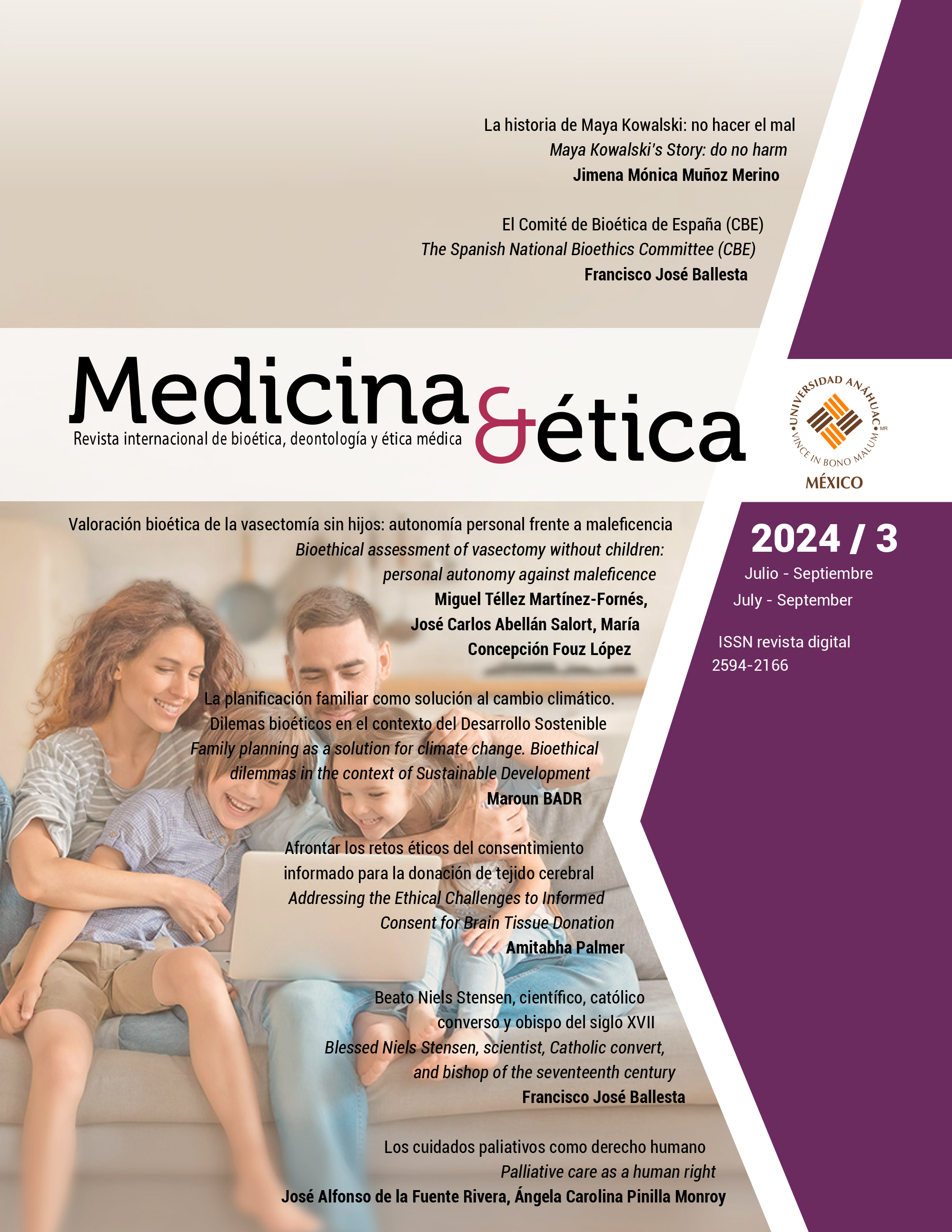
Descargas
Publicado
Número
Sección
Licencia
Derechos de autor 2024 Amitabha Palmer

Esta obra está bajo una licencia internacional Creative Commons Atribución-NoComercial-CompartirIgual 4.0.
Medicina y Ética se distribuye bajo Licencia Creative Commons Atribución-NoComercial-CompartirIgual 4.0 Internacional.
El autor conserva los derechos patrimoniales sin restricciones y garantiza a la revista el derecho de ser la primera publicación del trabajo. El autor es libre de depositar la versión publicada en cualquier otro medio, como un repositorio institucional o en su propio sitio web.



